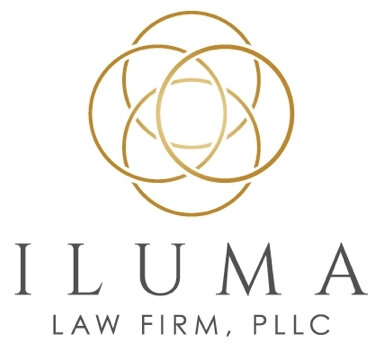5 Ways to Protect Your Online Business from Lawsuits
In today's fast-paced digital world, it’s even more important to protect your online business from lawsuits. Here are five important strategies to help minimize legal risks and protect your online business:
1. Comprehensive Contracts and Agreements:
Having lawyer-drafted contracts and agreements for all of your business transactions, including with your clients, vendors, employees, collaborators, and contractors is so important. Clear, detailed contracts can help prevent misunderstandings and disputes that can lead to lawsuits.
In fact, contracts don’t just protect your business from lawsuits. Properly-drafted contracts also protect your intellectual property, promote customer trust, and can protect a variety of other business rights. It’s important to have all your contracts reviewed by your attorney to make sure they actually protect your interests and comply with relevant laws.
2. Website Compliance and Terms of Use:
Make sure your website complies with all relevant laws and regulations, including data protection laws (like the GDPR and CCPA), consumer protection laws, and intellectual property laws.
Make sure your website terms of use, privacy policy, and any required disclaimers or disclosures are clearly spelled out on your website. These documents and disclosures must be easily accessible and prominently displayed near where you collect user information.
Don’t forget to regularly review and update your terms of use and privacy policy to reflect changes in your business practices, legal requirements, and industry standards. We recommend doing this at least quarterly, any time there is a change in your business practices, and when any relevant new laws come about. Your lawyer can help advise you about important updates.
3. Intellectual Property Protection:
Protect your intellectual property rights by having the proper intellectual property terms in your contracts, registering your trademarks, copyrights, and patents for your brand, content, and products.
Respect the intellectual property rights of others and don’t infringe on anyone else’s trademarks, copyrights, or patents. You can do this by running proper searches and not using others’ content without proper permission. Use proper licensing agreements when using third-party content to avoid copyright infringement claims.
Make sure you have the right intellectual property language in all your contracts. This is so important and so often overlooked by business owners.
4. Strong and Appropriate Business Structure:
You also need to choose the right business structure for your company and your company’s long-term goals.
Making sure you have a strong business structure can help protect your personal assets from business liabilities. By separating your personal and business finances and assets, you can limit your personal exposure to lawsuits targeting your business.
Your attorney can help you determine the most appropriate business structure for your business and make sure you’re properly complying with all the formalities.
5. Business Insurance:
Don’t forget to invest in the right business insurance to protect your business against risk and liability. Some key insurance types that apply to online businesses are general liability insurance, professional liability insurance (errors and omissions insurance), product liability insurance, and cyber liability insurance.
As your business evolves, don’t forget to review your insurance policies and adjust your coverage levels to make sure they give your business adequate coverage.
By implementing these measures, you can help protect your online business from potential lawsuits and other legal challenges. However, it's so important to get legal advice from qualified professionals to make sure your business is complying with applicable laws and regulations specific to your industry and jurisdiction.
Need help implementing these strategies? Book your discovery call now.
